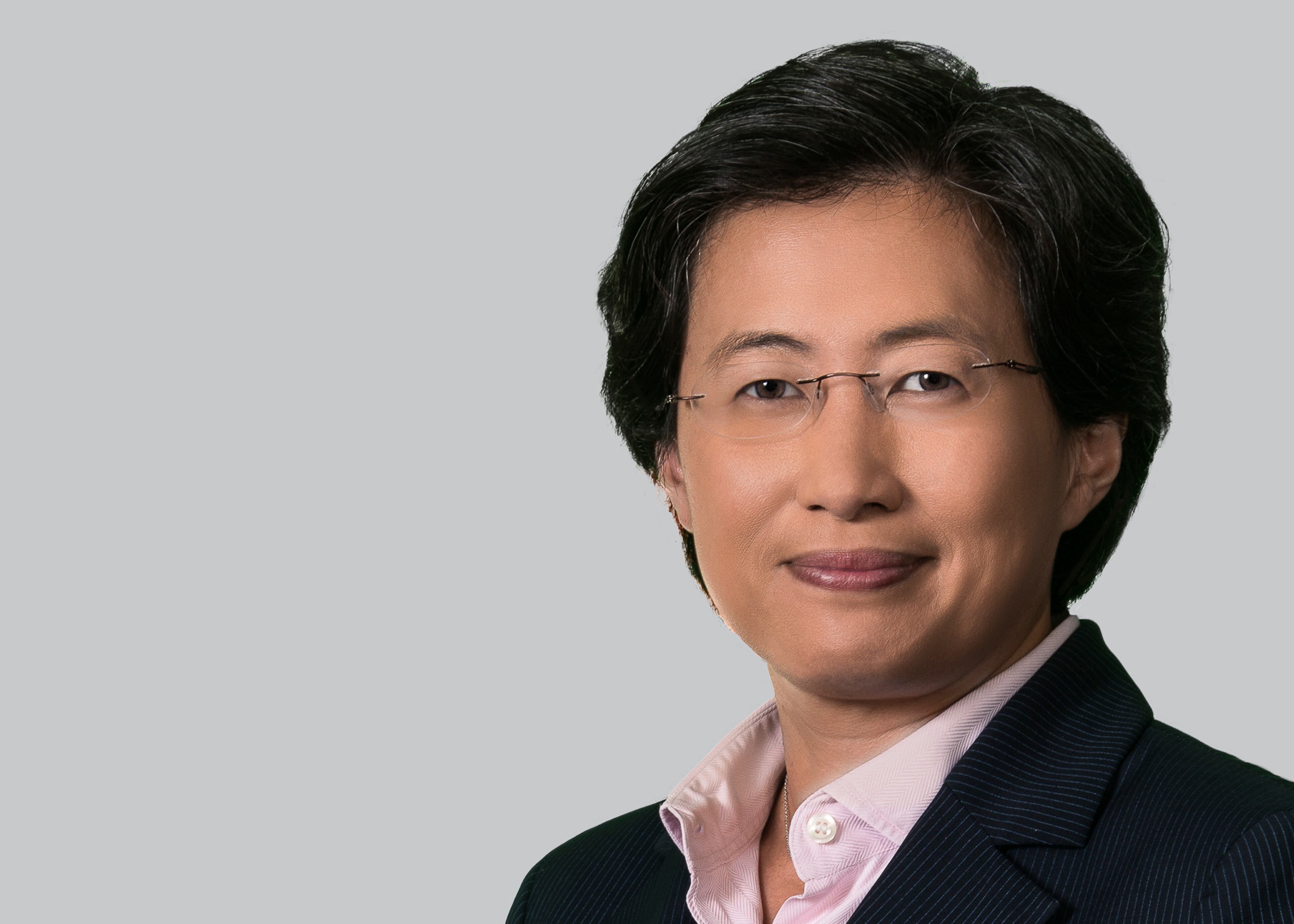AMD sells majority stake in Asian assembly, testing operations

Advanced Micro Devices has officially closed a deal selling a majority of its interests in two of its Asian manufacturing operations for $371 million. The deal was previously announced in October.
The California-based chipmanker will spin out its assembly, test, mark and pack operations in Malaysia and China into a joint venture with Nantong Fujitsu Microelectronics. AMD will retain a 15 percent stake.
AMD is formally based in California, but many of its senior executives work at the Austin campus. AMD employs 1,500 in the Central Texas area.
The chipmaker's Asian operations aren't "fabs," a chip industry term for chip factories. That function was outsourced several years ago to Global Foundries as AMD has moved toward a focus on designing advanced processors.
The two Asian facilities instead focus on one of the last steps in the manufacturing of AMD chips: assembly and testing.

"The creation of this joint venture marks another step in building a more focused AMD as we complete our transition to a fabless business model, enhance our supply chain operations, and further strengthen our financial position," AMD CEO and president Lisa Su said in a written statement.
After taxes and other acquisition expenses, AMD expects to pocket $320 million in this deal.
This deal comes after a licensing agreement announced earlier this month that would yield $293 million for the company, plus the potential for future royalty payments.
The company needs cash as it struggles to become profitable again.
AMD hasn't had a profitable year since 2011 as it grapples with weakened consumer demand for PCs and competitors with bigger market shares. In its most recent quarter alone it reported losses of $109 million.
AMD's stock surged last week after they beat analyst expectations. But today investors didn't seem particularly enthused about this deal closing, sending AMD's stock down about 3 percent Friday morning.
The stock has declined 60 percent in the past five years. It is currently hovering around $3.50 a share.

